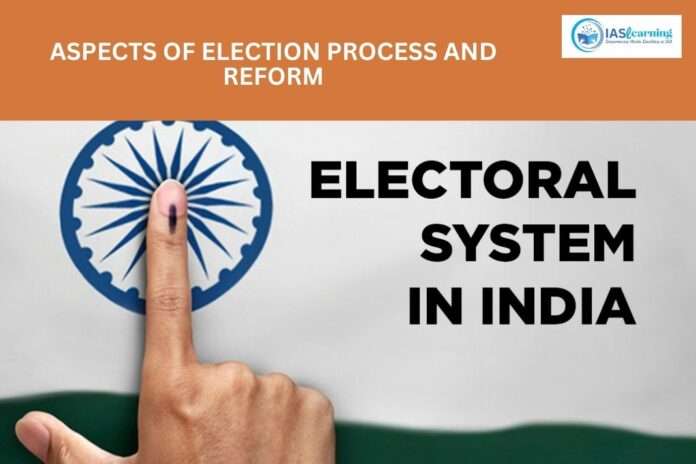Introduction: Aspects of the Election Process and Reform in India
India, the world’s largest democracy, has a rich history of elections and electoral reforms. In this 2000-word article, we will delve deep into the key aspects of the election process and the ongoing reforms in the Indian electoral system. From the historical context to contemporary challenges, we will explore it all.
Historical Evolution of Elections in India
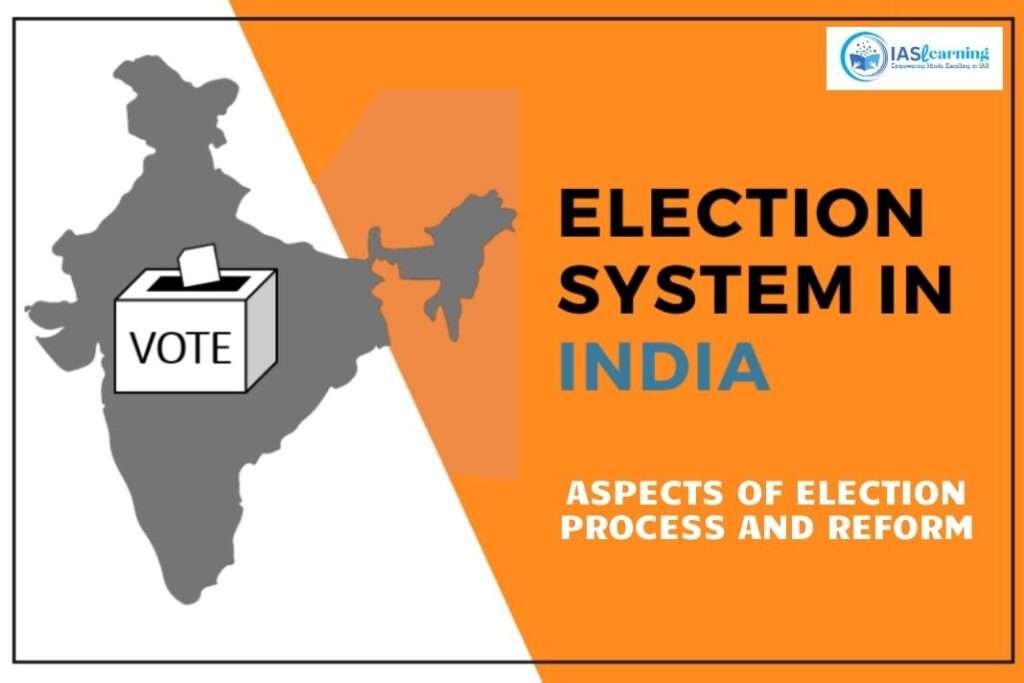
Elections in India have a fascinating journey that began long before independence.
Pre-Independence Era
The British Raj and Limited Representation: During British colonial rule, limited representation was introduced, with Indians allowed to vote but under stringent restrictions.
The Montagu-Chelmsford Reforms: These reforms in 1919 marked the beginning of limited self-governance with the introduction of elected legislative councils.
Post-Independence Era
The First General Elections (1951-52): India’s first general elections after independence established the foundation of a robust democratic system.
The Indian Electoral System Today
Money has always played a significant role in elections worldwide, and India is no exception. In this section, we will delve into the issue of funding political parties and the critical need for transparency. Additionally, we will explore the controversial topic of electoral bonds and their impact on political funding in India.
Funding of Political Parties
Political parties in India require substantial financial resources to function effectively. These funds are essential for various activities, including organizing rallies, running election campaigns, and conducting outreach programs. However, the issue of funding in Indian politics has been a subject of concern for several reasons.
Lack of Transparency
One of the primary concerns regarding political funding in India is the lack of transparency. Until recently, political parties were not required to disclose the sources of their funding, leading to a significant opacity in the financial operations of political parties. This lack of transparency raised questions about the legitimacy of donations and their potential influence on political decisions.
Influence of Black Money
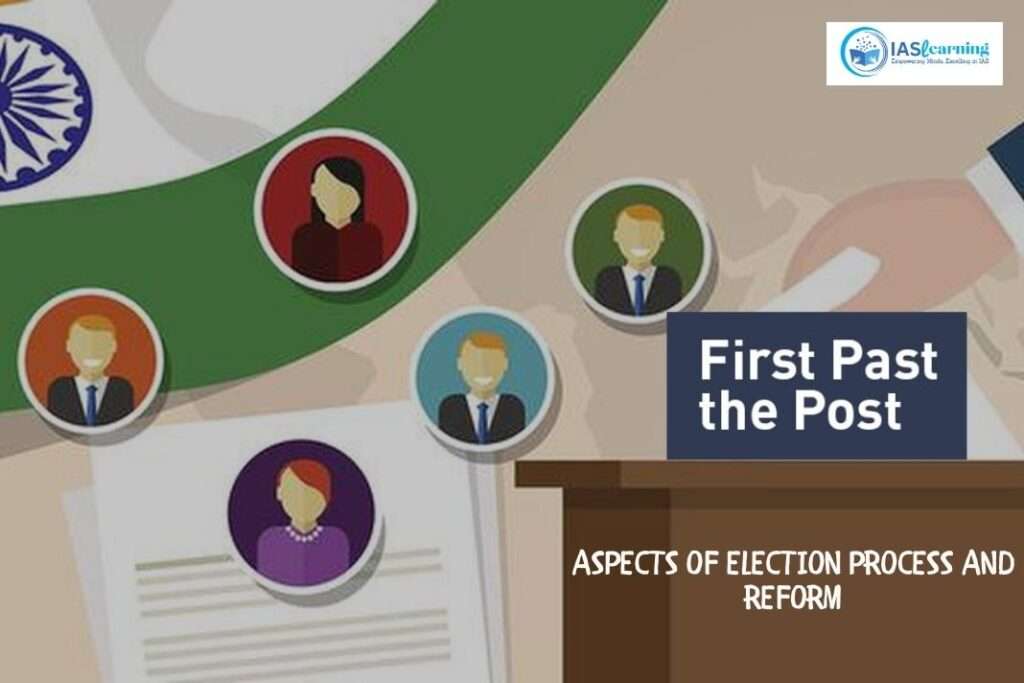
The use of unaccounted “black money” in political funding has been a persistent problem. Donors often made anonymous donations, making it challenging to trace the origins of these funds. This issue not only undermined the transparency of the electoral process but also raised concerns about the possibility of corrupt practices.
Electoral Bonds
Electoral bonds were introduced by the Government of India in an attempt to bring more transparency to political funding. These bonds are financial instruments that allow individuals and corporations to make donations to political parties while maintaining anonymity.
The Controversy Surrounding Electoral Bonds
Despite the intent to promote transparency, electoral bonds have become a topic of controversy in Indian politics.
Anonymity of Donors
One of the most contentious aspects of electoral bonds is the anonymity of donors. While this feature was intended to protect the privacy and safety of donors, it has been criticized for making it nearly impossible to trace the source of funds. This anonymity raises concerns about the potential influence of undisclosed corporate interests on political parties.
Impact on Accountability
The lack of transparency regarding donors and their contributions reduces the accountability of political parties. Without knowing who is funding a particular party, it becomes challenging for the public to assess any potential conflicts of interest or the motives behind certain policy decisions.
Unequal Access
Electoral bonds have also faced criticism for potentially giving larger corporations and wealthy individuals more significant influence in the political arena. Smaller parties and independent candidates may struggle to attract funding through this mechanism, further skewing the balance of power.
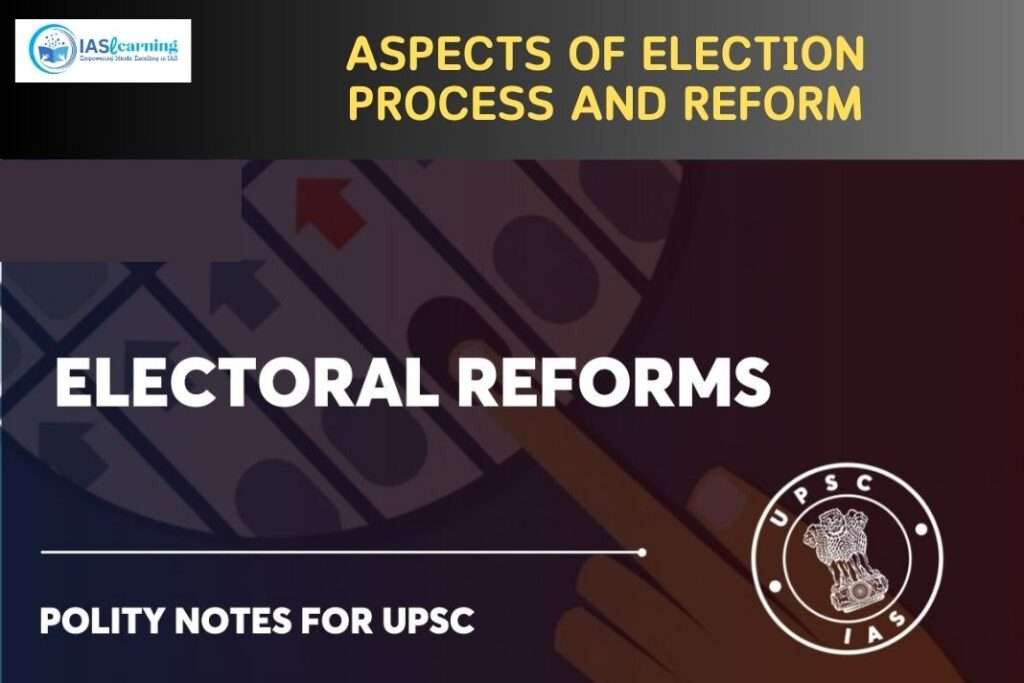
Electoral Reforms: A Necessity for Progress
Introduction to Electoral Reforms: Highlight the need for continuous reforms in the electoral system.
Electoral Malpractices: Discuss various malpractices such as booth capturing and vote-buying that necessitated reforms.
Electronic Voting Machines (EVMs): How the introduction of EVMs revolutionized the voting process.
The Role of Money in Indian Elections
Funding of Political Parties: Delve into the issue of funding and the need for transparency.
Electoral Bonds: Discuss the controversial electoral bonds and their impact on political funding.
Electoral Participation: A Key Challenge
Low Voter Turnout: Explore the reasons behind the often low voter turnout in Indian elections.
Youth Engagement: Discuss strategies to engage the youth in the electoral process.
Electoral Reforms in Recent Times
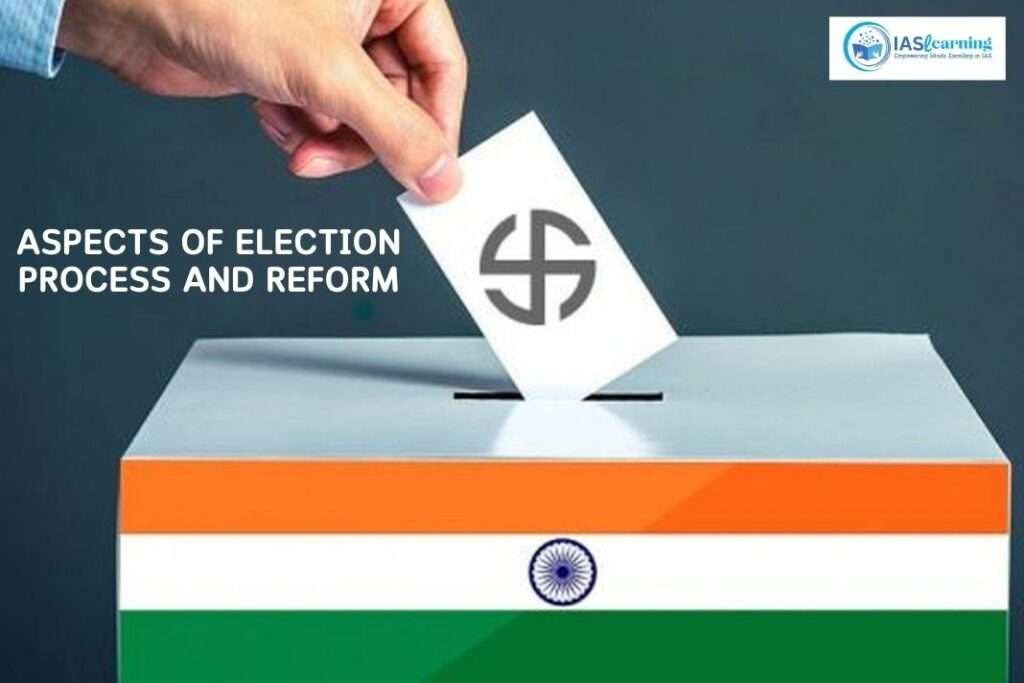
One Nation, One Poll: Analyze the concept of simultaneous elections at the state and national levels.
Electoral Funding Reforms: Discuss recent reforms aimed at curbing black money in elections.
Digital Initiatives: Explore how technology is being leveraged for voter awareness and education.
Conclusion: The Ongoing Journey
Indian election process has come a long way since independence, evolving and adapting to the changing times. While it has faced challenges, it continues to be a symbol of India’s thriving democracy. As the nation marches forward, electoral reforms remain crucial to maintaining the integrity of this democratic cornerstone.
FAQs
- What is the significance of the Election Commission of India? The Election Commission of India plays a crucial role in overseeing and conducting free and fair elections in the country. It ensures that elections are conducted impartially and without any bias.
- How have electronic voting machines (EVMs) impacted Indian elections? EVMs have made the voting process more efficient and tamper-proof, reducing the scope for electoral fraud and malpractices.
- What are electoral bonds, and why are they controversial? Electoral bonds are a means of making political donations to parties anonymously. They are controversial because they raise concerns about transparency in political funding.
- Why is youth engagement important in Indian elections? Youth engagement is vital because the youth represent the future of the nation. Their participation in elections ensures a vibrant democracy.
- What are some recent digital initiatives in Indian elections? Recent digital initiatives include online voter registration, voter awareness campaigns on social media, and the use of mobile apps for election-related information.


